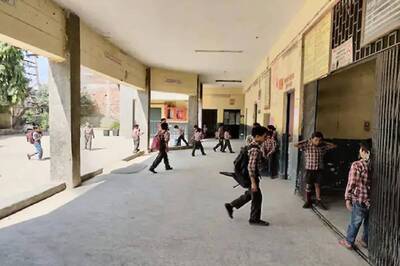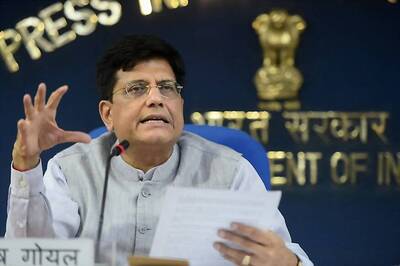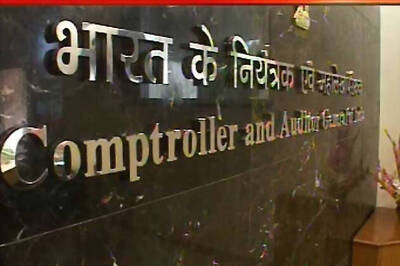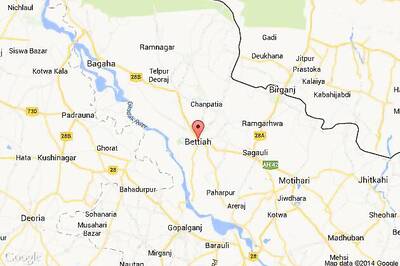
views
Jaipur: After a high-pitched battle, Rajasthan will get to know on Tuesday whether BJP’s Vasundhara Raje will get another term or if the Congress has regained a bastion ahead of 2019 Lok Sabha elections. Nine bellweather seats, the results of which traditionally coincide with the final result for the state, may hold the clues to who will win.
Kekri
Except for the 1967 assembly election, Kekri has always voted for the party that went on to form the government in Rajasthan. A Swatantra Party candidate won Kekri seat in 1967 but the Congress formed government in Rajasthan. This remains by far remains the only exception for Kekri’s credentials as the bellwether seat in Rajasthan.
In 1990, Kekri elected Janata Dal candidate Shambhu Dayal and the BJP formed a government in Rajasthan with the support of the Janata Dal. Again, in 1993 assembly election, Shambhu Dayal won the Kekri seat as a BJP candidate after the Janata Party disintegrated. This was the last time when Kekri re-elected a candidate for a consecutive term.
Kapasan
The Congress ruled Rajasthan uninterrupted till 1977, when the Janata Party defeated it, riding on an anti-Indira Gandhi wave. In 1977, Rajasthan assembly election Kapasan voted for Janata Party candidate Mohan Lal.
Kapasan has voted for a party that went on to rule Rajasthan in every election since 1957 -- 13 assembly polls on the trot. Kapasan elected a Congress candidate every time till 1977, except the first election to the Rajasthan assembly till in 1951, when a BJS candidate won from this seat.
The Rajasthan government was dismissed following demolition of Babri Masjid in Uttar Pradesh in 1992. A fresh election was held in 1993, when Kapasan and Rajasthan voted for a BJP government. Shekhawat became the chief minister again.
The BJP and the Congress have shared Kapasan (3-2) seat in the last five Rajasthan assembly elections, that is, since 1998. The same is also true for the ruling party in Rajasthan.
Kumbhalgarh
In 10 out of 13 Rajasthan assembly elections since 1951, Kumbhalgarh assembly seat has voted for a party that formed the government in Rajasthan. The three exception election years were 1951 --when BJS won Kumbhalgarh seat and the Congress formed government, 1962 -- when Swatantra Party won this seat, and 1990 --when the Congress won the seat but the BJP formed government in the state.
Besides these three assembly seats, there are six other constituencies in Rajasthan that have voted for the same party as the ruling one in the last six elections since 1990. These are Suratgarh, Sujangarh, Chamu, Sheo, Deoli-Uniara and Raniwara.




















Comments
0 comment